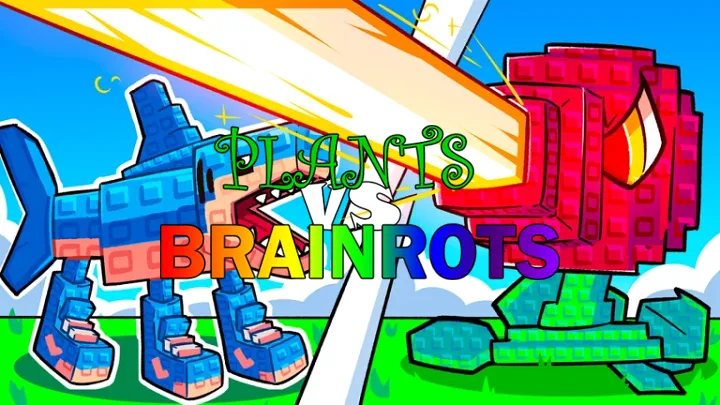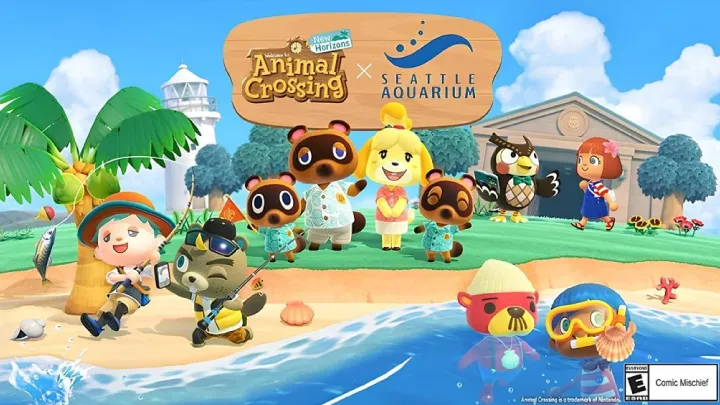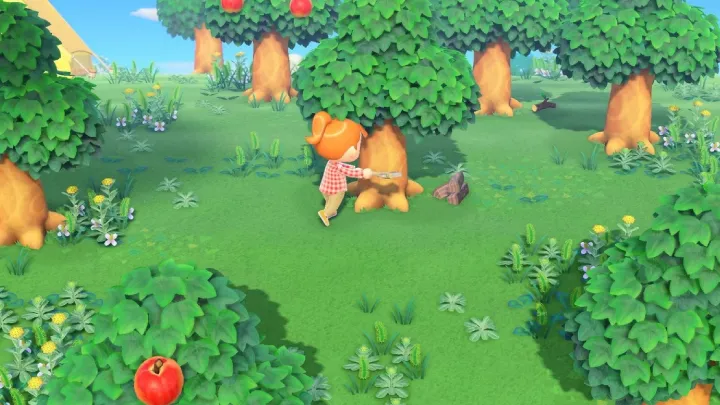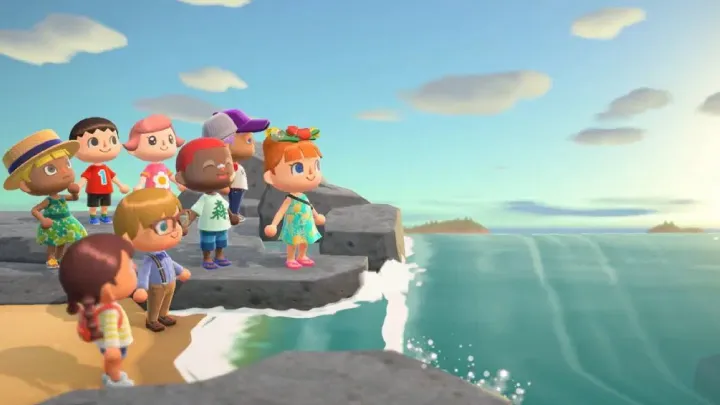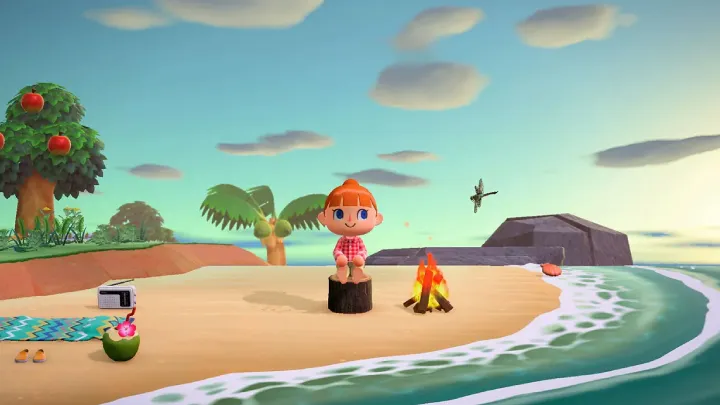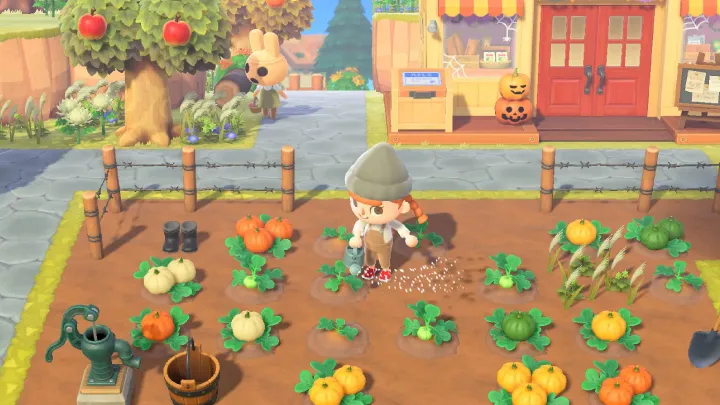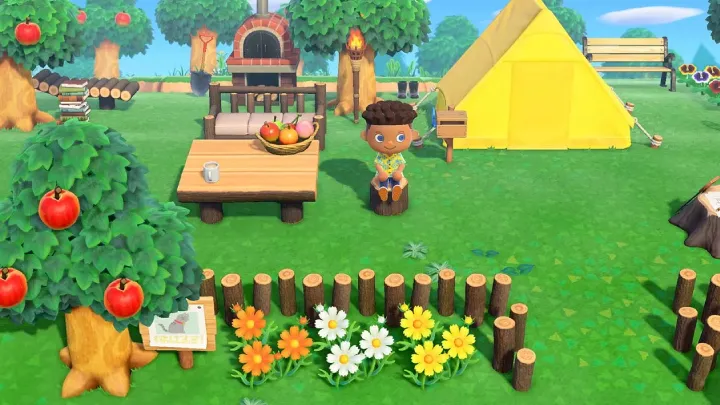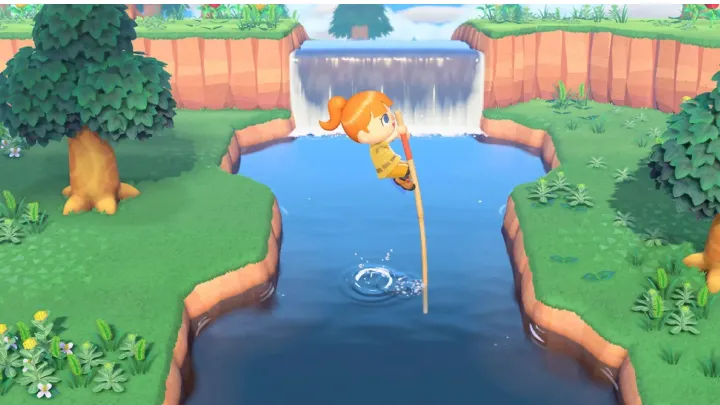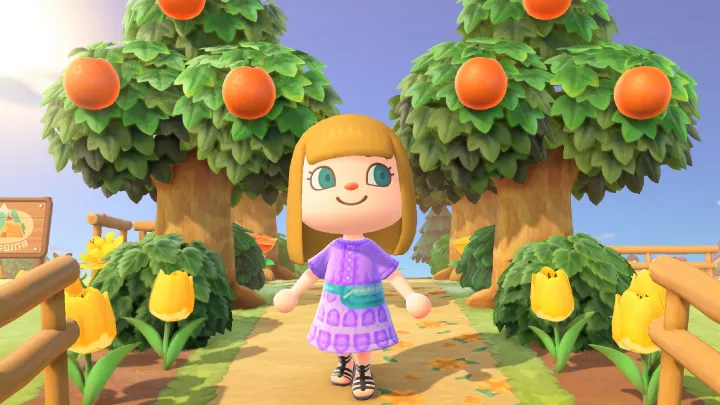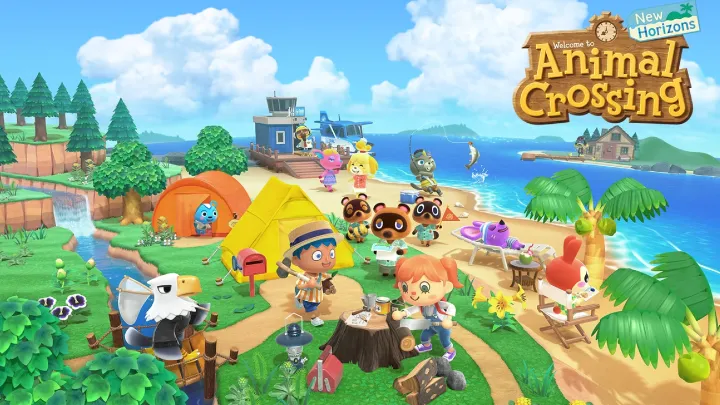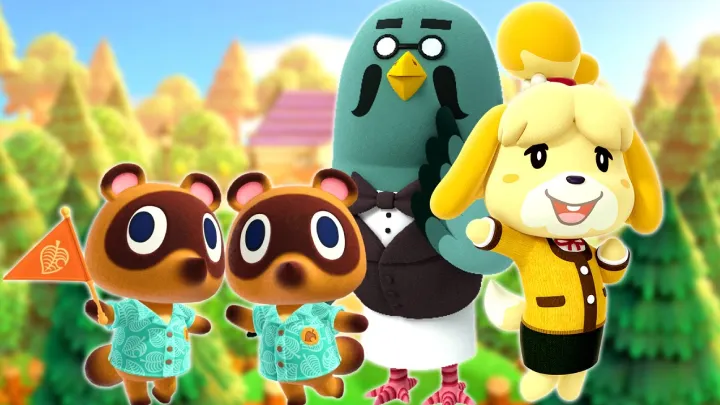Introduction
Animal Crossing: New Horizons (ACNH) has captured the hearts of millions with its charming gameplay and vibrant world. However, beneath its surface lies an intricate economic system that shapes player experiences and interactions. This article delves deep into the economic mechanics of ACNH, examining the implications of resource management, market dynamics, and the role of player agency in shaping their island paradise.
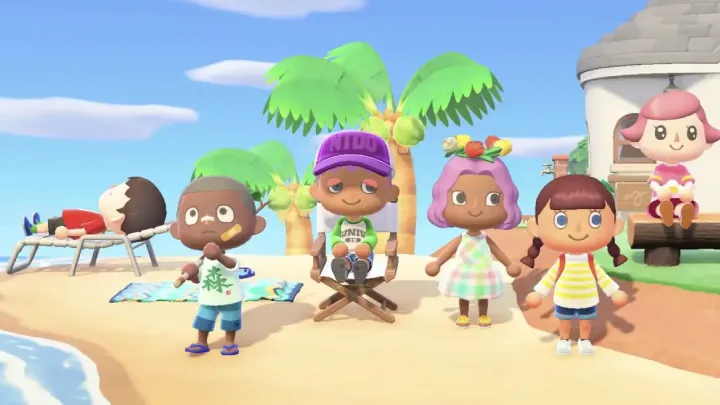
Understanding the Currency: Bells
The Basics of Bells
In ACNH, the primary currency is Bells, which players earn through various activities such as selling fish, bugs, and fruit. Bells serve as the backbone of the game's economy, facilitating trade and investment in island infrastructure. Players can earn Bells through:
- Selling Items: Fish, bugs, and fruit can be sold to Timmy and Tommy at Nook's Cranny.
- Completing Tasks: Various tasks, including crafting and completing DIY projects, yield Bells as rewards.
The Value of Items
Not all items hold the same value in ACNH. The market fluctuates based on player interactions and seasonal changes. Understanding which items are more lucrative is crucial for maximizing profits. For example, certain rare fish and bugs fetch higher prices, making them prime targets for players looking to boost their Bell reserves.
The Role of Nook's Cranny
The Shop as a Central Hub
Nook's Cranny acts as the main marketplace for players. Timmy and Tommy’s shop not only provides a space for buying and selling but also reflects the economic health of the island. As players upgrade the shop, they unlock new items and services, influencing the island's overall economy.
Seasonal Changes and Inventory
The inventory at Nook's Cranny changes with the seasons, introducing new items and limited-time offers. This dynamic keeps the economy fresh and encourages players to continually engage in trade and exploration. Seasonal items often have unique designs, making them desirable for collection and decoration.
Crafting and Resource Management
The Importance of Crafting
Crafting is a pivotal element in ACNH, allowing players to create furniture, tools, and decorations from gathered resources. This system promotes resource management, as players must collect materials while balancing their time and efforts in other aspects of the game.
Resource Scarcity and Strategy
Players quickly learn that resources are finite. The scarcity of certain materials, like wood or iron nuggets, requires strategic planning. Players must decide when to craft, gather, or sell, creating a delicate balance that reflects real-world economic principles.
The Turnip Market: A Unique Economic Phenomenon
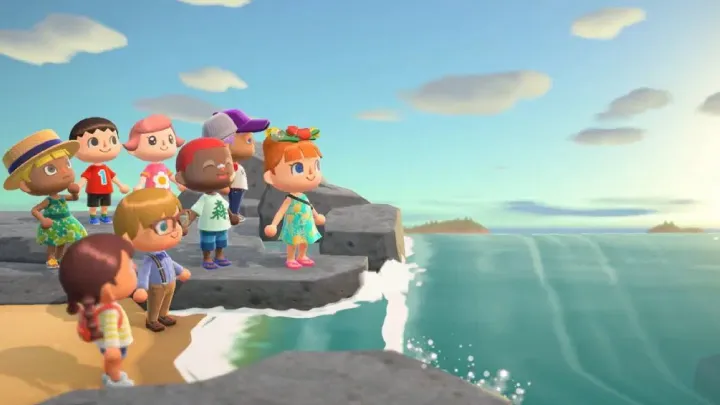
The Stalk Market Explained
The Turnip market, colloquially known as the "Stalk Market," introduces a speculative element to ACNH's economy. Players purchase turnips from Daisy Mae on Sundays and sell them throughout the week, hoping to profit from fluctuating prices. This system mirrors real-world stock markets, where timing and market trends dictate financial success.
Analyzing Turnip Prices
Prices at Nook's Cranny for turnips vary daily, influenced by an algorithm that considers player activity and local economic conditions. Understanding these patterns is key for players looking to maximize their profits. Many players turn to online communities to share price information, creating a collaborative aspect to the economy.
The Impact of Player Agency
Customization and Personalization
ACNH emphasizes player agency through extensive customization options. Players can design their islands, homes, and even clothing, allowing for a personalized experience. This agency impacts the economy as players invest in items that reflect their unique tastes, driving demand for specific products.
Community and Trade
The multiplayer aspect of ACNH fosters a sense of community, encouraging players to visit each other’s islands for trading and sharing resources. This interaction creates a micro-economy where players exchange items, fostering relationships and enhancing the overall experience.
The Environmental Aspect of the Economy
Sustainable Resource Management
ACNH encourages players to engage in sustainable practices. Over-fishing or excessive tree cutting can lead to resource depletion, which affects the island's overall health. Players must balance their economic activities with environmental sustainability to maintain a thriving island ecosystem.
The Role of Nature in Economics
The game intricately links economic success with environmental health. Players who prioritize planting trees and maintaining habitats often find that their islands thrive, attracting more visitors and enhancing their overall Bell income.
The Influence of Events and Updates
Seasonal Events
Special events throughout the year, like Halloween or Toy Day, bring unique items and activities that temporarily alter the economic landscape. Players often prepare for these events, stockpiling resources or items in anticipation of increased demand.
Updates and New Features
Nintendo frequently updates ACNH, introducing new features and items that impact the economy. For instance, the introduction of new crafting recipes or items can shift player priorities and alter market dynamics, requiring players to adapt their strategies continually.
The Psychological Aspect of Economic Engagement
Motivation and Reward Systems
The economy of ACNH is designed to keep players engaged through a system of rewards. Earning Bells and acquiring items creates a sense of achievement, motivating players to continue participating in various economic activities.
The Impact of FOMO (Fear of Missing Out)
Limited-time items and seasonal changes can create a sense of urgency, compelling players to engage with the economy actively. This phenomenon, known as FOMO, can lead to impulsive decisions that impact a player’s financial strategy within the game.
Conclusion: The Complexity of a Simplistic World
Animal Crossing: New Horizons presents an intricate economic system that mirrors real-world principles while providing a unique gaming experience. Players engage in resource management, trade, and community interaction, all while navigating the complexities of in-game economics. As players explore and expand their islands, they learn valuable lessons about sustainability, strategy, and collaboration, making ACNH not just a game but a rich tapestry of social and economic interactions.
